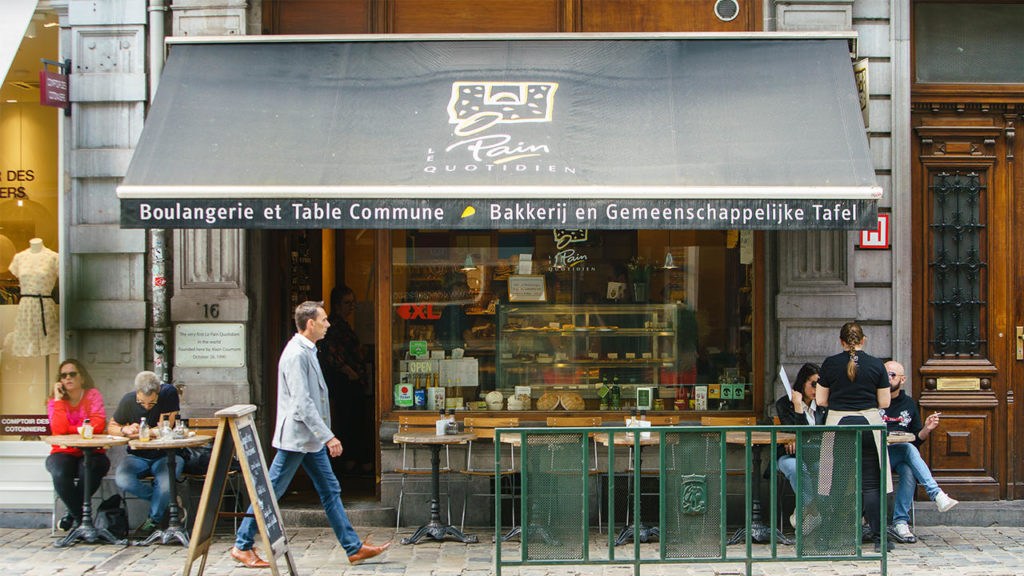Two Belgian banks who were involved in an attempt to save the bakery and restaurant chain Le Pain Quotidien from going under have lost most of the money they put in, De Tijd reports.
The chain had been suffering from severe financial difficulties, and had sought buyers for its British and American subsidiaries. Failing that, the chain had to cut them both loose.
The American operation was taken over by Aurify Brands, while the British subsidiary, unable to find a buyer, went into administration.
Then the coronavirus struck and with it the lockdown. Major shareholder Cobepa stepped in to take over the company’s debt, worth an estimated €80 million. It also applied for a judicial reorganisation, a provision of Belgian corporate law which offers protection from creditors while the affairs of the new slimmed-down business, informally known as Le Pain Quotidien B, are put in order.
It now emerges that two Belgian banks, ING and KBC, were made an offer they couldn’t refuse, to accept €5 million for the €80 million in debt, or receive nothing. KBC, based in Leuven, is known to be the largest of the two shareholders, but neither the banks nor Cobepa will give details.
However according to documents released by the administrators of the British operation, KBC had lent €10 million. The Belgian parent, by contrast, had lent only £100,000 (about €111,000), to pay the wages of staff in March. The administrators admitted there was not much likelihood of getting that money back. The banks were in the same position, it turned out.
The administrators went looking for buyers for the 26 British restaurants, but none of the 12 offers received was adequate. In the end, the new Belgian investors – Cobepa and M80 – took a licence for 15 of the 26, for the knock-down price of £500,000 (€555,000).
Those branches will now come under the holding company that is left, renamed Brunchco21, which consists of Le Pain Quotidien Belgium and France, the production facility Atelier du Pain, the brand rights and the existing contracts with American and British operations.
Alan Hope
The Brussels Times

